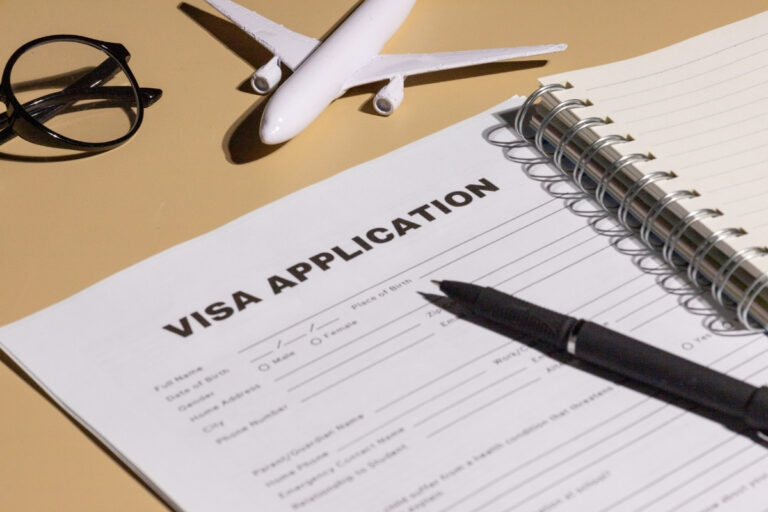Many patients looking to manage dental care costs often ask, can you use HSA or FSA for dental appliances? The answer is yes—Health Savings Accounts (HSA) and Flexible Spending Accounts (FSA) can typically be used to pay for a wide range of dental appliances, provided they are medically necessary. These tax-advantaged accounts offer a practical way to reduce out-of-pocket costs for devices like retainers, night guards, palatal expanders, and more. Understanding how to use these funds effectively can help you maximize your dental care budget without financial strain.
What Are HSA and FSA Accounts?
Before diving into which Dental Appliances qualify, it’s essential to understand how HSA and FSA accounts function. Both are designed to help you pay for healthcare-related expenses with pre-tax dollars, but they differ slightly in terms of rules and availability.
-
HSA (Health Savings Account): Available to those enrolled in a high-deductible health plan; funds roll over year to year
-
FSA (Flexible Spending Account): Typically offered by employers; funds must usually be used within the plan year
-
Both accounts cover qualified medical and dental expenses, including devices prescribed by a dental professional
-
Contributions are tax-free, and withdrawals are also tax-free when used for approved healthcare costs
Using these accounts wisely can significantly reduce the financial impact of necessary dental treatments and appliances.
Dental Appliances Eligible for HSA or FSA:
So, can you use HSA or FSA for dental appliances that your dentist recommends? In most cases, yes—as long as the appliance is considered a legitimate medical or dental necessity. Here’s a breakdown of what usually qualifies:
-
Retainers and aligners after orthodontic treatment
-
Night guards for bruxism or TMJ issues
-
Palatal expanders and functional appliances for jaw development
-
Space maintainers in pediatric patients
-
Sleep apnea oral appliances, when prescribed by a doctor
-
Snoring devices if medically necessary and tied to a diagnosis
Cosmetic appliances or elective procedures typically aren’t covered. However, when your dental provider documents the need for the appliance, it’s often eligible for reimbursement or direct payment through your HSA/FSA.
Appliances That Might Not Qualify:
While many dental appliances are covered, there are some exceptions. FSA and HSA funds are not meant for cosmetic purposes or non-essential treatments. That means some items may be ineligible or require additional documentation.
-
Sports mouth guards, unless medically required, are usually excluded
-
Cosmetic retainers for minor adjustments with no health concern
-
Duplicate or backup appliances not justified by a dentist
-
Over-the-counter oral devices without a prescription
-
Cleaning products or accessories for appliances, unless medically necessary
If you’re unsure whether an appliance is eligible, you can request a letter of medical necessity from your provider to include with your claim or keep as a record.
How to Use HSA or FSA for Dental Appliances?
When asking, can you use HSA or FSA for dental appliances, it’s also important to understand the payment process and how to ensure your expenses qualify. Taking a few proactive steps can help avoid issues with reimbursement or declined transactions.
-
Use your HSA/FSA debit card directly at your dental office if available
-
Submit a reimbursement claim with an itemized receipt if you pay out-of-pocket
-
Request documentation from your dentist indicating medical necessity
-
Keep all receipts and records in case you are audited by the IRS
-
Know your balance and plan expiration dates, especially for FSA funds that may not carry over
Some Dental Appliances Treatment offices are well-versed in HSA/FSA rules and can help guide you through the payment or reimbursement process.
Maximize the Value of Your Health Spending Accounts:
Now that we’ve answered the key question—can you use HSA or FSA for dental appliances?—it’s worth noting how to make the most of these accounts throughout the year. Strategic planning can help you get the care you need while staying within budget.
-
Schedule treatments before year-end if using FSA funds
-
Use your HSA for more expensive or long-term dental devices
-
Bundle dental services with appliances for comprehensive care
-
Track all dental expenses to avoid overspending or misusing funds
-
Work with your provider to identify what qualifies and how to document it
In conclusion, HSA and FSA funds can be a powerful tool to cover the cost of medically necessary dental appliances. With proper planning and documentation, you can invest in your oral health without unexpected financial burdens.


